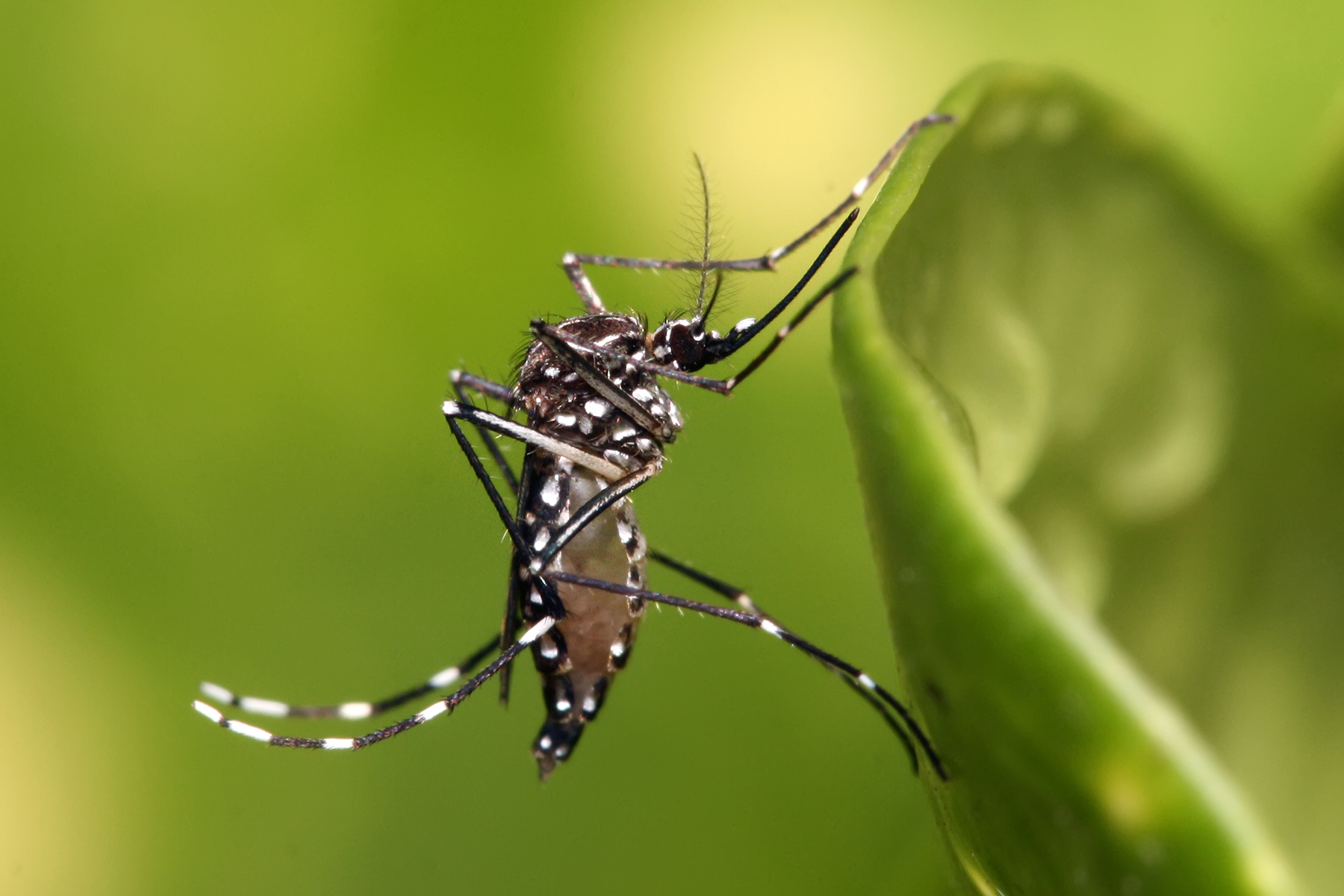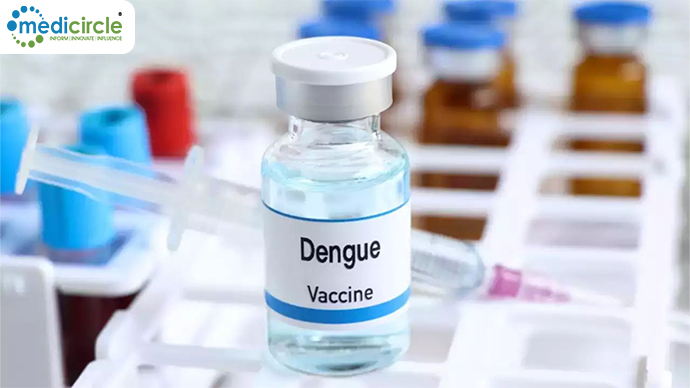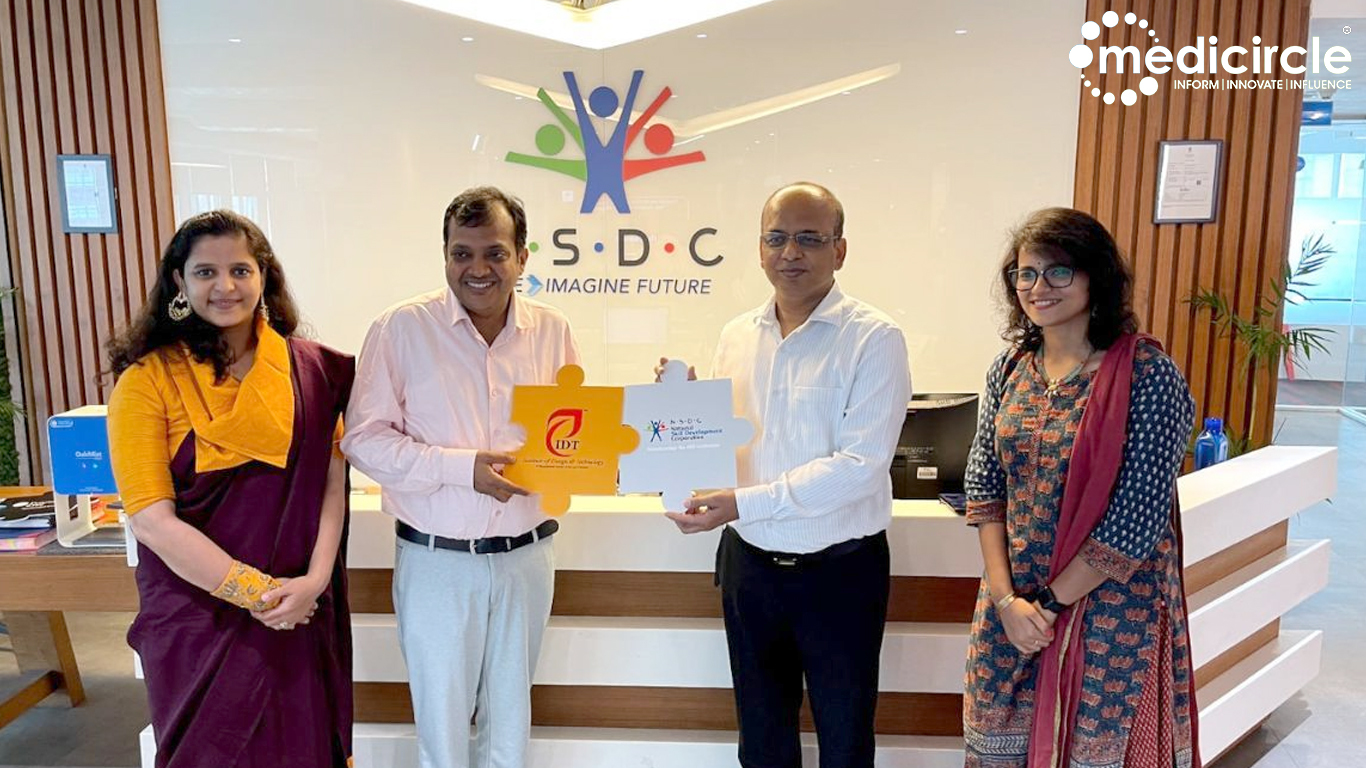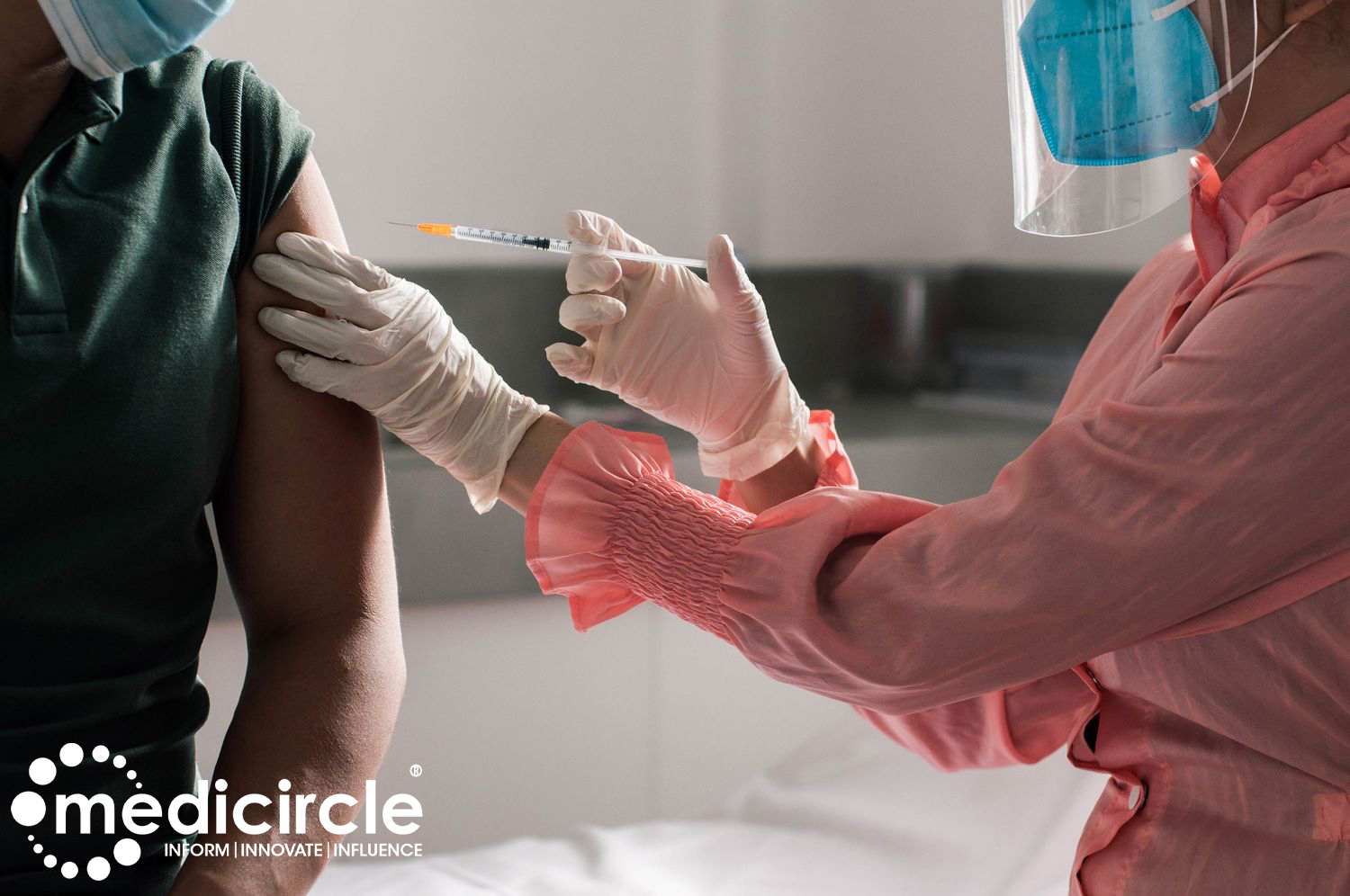The month of July has brought a worrying surge of mosquito-borne diseases in Mumbai. According to recent reports, the city has witnessed 355 cases of Malaria, 264 of Dengue, 104 of leptospirosis, 76 of Hepatitis, 52 of H1N1, and 10 of Chikungunya, raising concerns among health authorities and residents alike. This article aims to shed light on these diseases, their causes, symptoms, available cures, and essential precautionary measures to safeguard against them.
- Malaria: Malaria is caused by the Plasmodium parasite transmitted through the Anopheles mosquito, remains a major health concern in tropical regions like Mumbai. The common symptoms of malaria include high fever, chills, headache, muscle pain, and fatigue. In severe cases, it can lead to life-threatening complications affecting vital organs such as the brain, kidneys, and liver.
Treatment and Precautionary Measures:
- Prompt diagnosis and appropriate medication are crucial to combat malaria. Antimalarial drugs prescribed by healthcare professionals are effective in treating the disease.
- Precautionary measures include the use of mosquito repellents, mosquito nets while sleeping, and wearing protective clothing to prevent mosquito bites.
- Dengue: Dengue is caused by the Aedes mosquito-borne dengue virus, has been a recurring public health concern in Mumbai. Symptoms of dengue include high fever, severe headaches, joint and muscle pain, skin rashes, and bleeding.
Treatment and Precautionary Measures:
- As there is no specific antiviral treatment for dengue, medical attention is essential for proper management and monitoring.
- Preventive measures involve eliminating stagnant water sources, where mosquitoes breed, and using mosquito nets and repellents.
- Leptospirosis: Leptospirosis is a bacterial infection caused by the Leptospira bacteria found in contaminated water and soil, is a concern during monsoon season in Mumbai. Symptoms of leptospirosis may range from mild fever and muscle pain to severe complications affecting the liver and kidneys.
Treatment and Precautionary Measures:
- Early diagnosis and appropriate antibiotics are crucial in treating leptospirosis.
- Precautionary measures include avoiding contact with contaminated water, wearing protective clothing, and maintaining hygiene in living spaces.
- Hepatitis: Hepatitis, an inflammation of the liver, can be caused by various viruses, with Hepatitis A, B, and E being most common in Mumbai. Symptoms include jaundice, fatigue, abdominal pain, and loss of appetite.
Treatment and Precautionary Measures:
- Treatment for hepatitis depends on the type and severity of the infection. In some cases, antiviral medications are used to manage symptoms and prevent complications.
- Vaccination against Hepatitis A and B is a crucial preventive measure. Maintaining good personal hygiene and avoiding contaminated food and water are also essential.
- H1N1: H1N1 also known as swine flu, is caused by the influenza A (H1N1) virus. Symptoms are similar to seasonal flu and include fever, cough, sore throat, body aches, and fatigue.
Treatment and Precautionary Measures:
- Antiviral medications are used to treat H1N1 influenza effectively. Early diagnosis is essential for better outcomes.
- Precautionary measures involve frequent hand washing, avoiding close contact with infected individuals, and covering the mouth and nose when sneezing or coughing.
- Chikungunya: Chikungunya is a viral infection transmitted by Aedes mosquitoes. Symptoms include high fever, severe joint pain, headache, and rash.
Treatment and Precautionary Measures:
- There is no specific cure for chikungunya. Treatment primarily focuses on alleviating symptoms through pain relievers and rest.
- Preventive measures include reducing mosquito breeding sites and using mosquito repellents.
The recent upsurge in mosquito-borne diseases in Mumbai demands immediate attention from both health authorities and residents. Understanding the causes, symptoms, available cures, and taking precautionary measures are essential to combat these diseases effectively. Through collective efforts and proactive actions, the city can work towards reducing the impact of these illnesses and safeguarding the well-being of its residents.

 Mumbai has witnessed 355 cases of Malaria, 264 of Dengue, 104 of leptospirosis, 76 of Hepatitis, 52 of H1N1, and 10 of Chikungunya. This recent upsurge in mosquito-borne diseases in Mumbai demands immediate attention from both health authorities and residents.
Mumbai has witnessed 355 cases of Malaria, 264 of Dengue, 104 of leptospirosis, 76 of Hepatitis, 52 of H1N1, and 10 of Chikungunya. This recent upsurge in mosquito-borne diseases in Mumbai demands immediate attention from both health authorities and residents.







.png)
.png)











.jpeg)



















.jpg)
.jpeg)